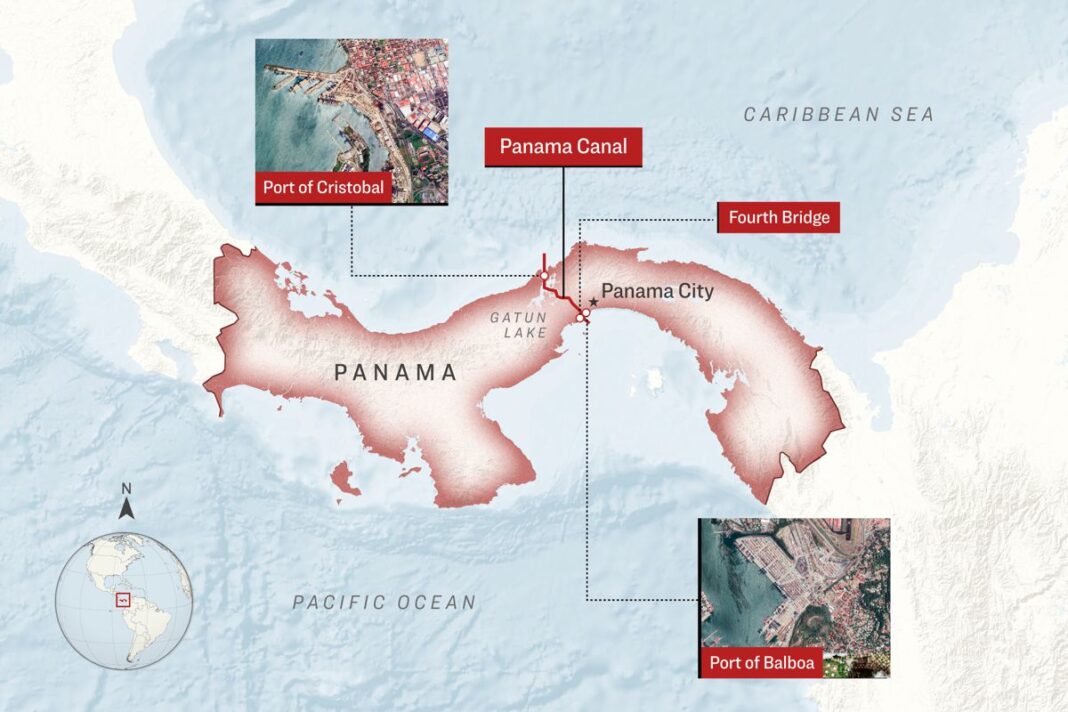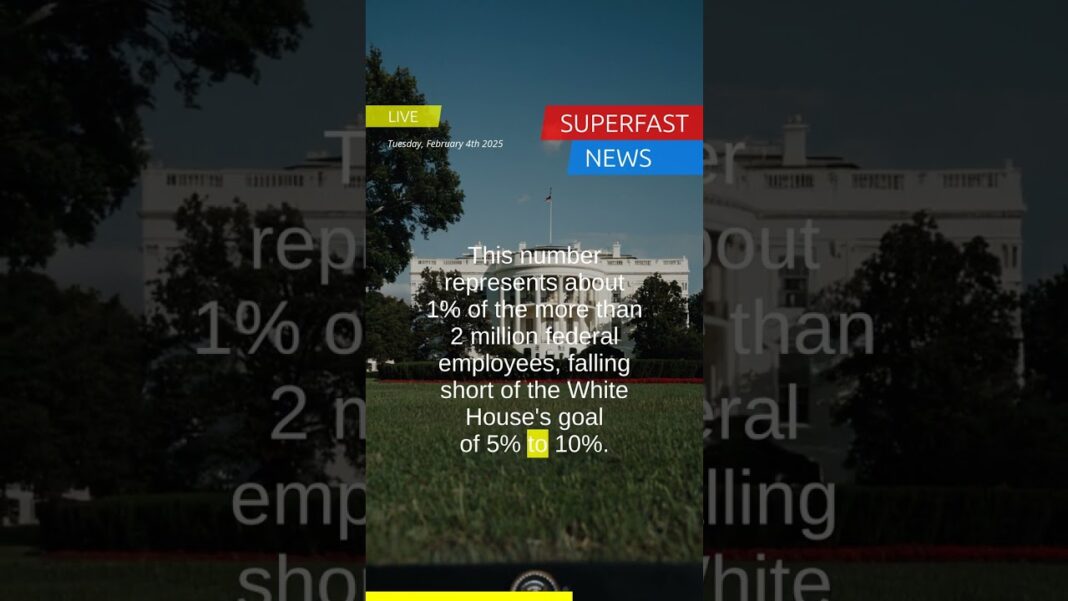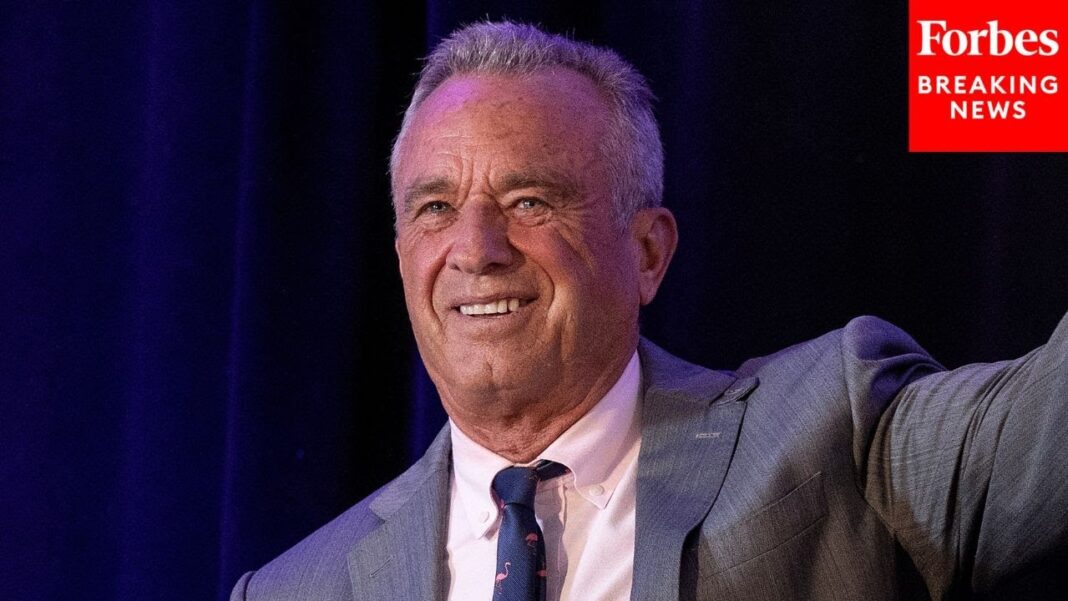In the most recent blow to the Chinese regime, Panama announces it will not renew its Belt and Road agreement—a significant win for Trump’s pressure campaign.
About 10 years ago, Louis Sola’s family maritime business was given a concession to build a marina and cruise port on Amador, a causeway located at the Pacific entrance to the Panama Canal.
“This would have been the very first cruise port in the Pacific,” Sola, who now serves as the U.S. Federal Maritime Commission chairman, said.
Everything changed in 2017 when Panama signed on with the Chinese regime’s Belt and Road Initiative. The initiative required the Panamanian government to recognize Taiwan as part of China—much to the surprise and concern of the United States, which has positioned itself as an ally of Taiwan.
Panama then rescinded the concession on the land where the Sola family had planned to spend $30 million on a cruise port.
Instead, Panama nationalized the project, gave a concession to a Chinese company, and paid it $300 million to build the cruise port.
Additionally, the land that would have been used to build a marina was designated as an embassy of the People’s Republic of China.
Eventually, the Solas got the land back, and U.S. and domestic pressure ended the Chinese regime’s plans of building an embassy at Amador.
In the most recent blow to China, Panama’s president announced on Feb. 2 that it will not renew its Belt and Road agreement with the Chinese Communist Party (CCP)—a significant win for President Donald Trump’s pressure campaign.
Beijing’s Influence
Sola’s personal story, told during a Jan. 28 Senate Committee on Commerce, Science, and Transportation hearing, underscores what has become a hot-button topic—Chinese influence at the Panama Canal.
The 100-year-old strategic waterway, largely ignored in U.S. policy for decades, has taken center stage in growing tensions between Beijing and Washington.
Chinese infrastructure and ports on both the Atlantic and Pacific ends of the Panama Canal have some experts concerned that Beijing has de facto control of the strategic waterway, a potential violation of the U.S.–Panama Neutrality Treaty, which places U.S. national security at risk.







